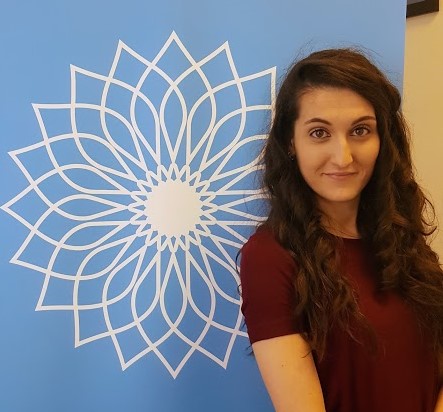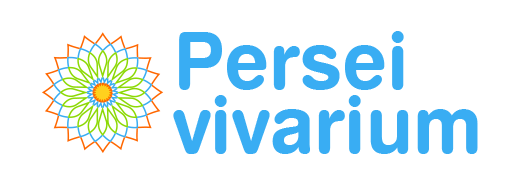World Stroke Day 2020: Generating knowledge by capturing Real-World Data
by Patricia Domínguez, October 29, 2020

As we do every year, this Thursday, October 29th, we are celebrating World Stroke Day, with the goal of providing more visibility for this disease. In Spain, more than 187 persons out of every 100,000 are affected every year, according to data from the Spanish Society of Neurology (SEN).
Stoke is a cardiovascular disease that can affect anyone, at any time, and in any place. It is the primary cause of acquired disability in adults, and the second cause of dementia after Alzheimer’s, and has significant health and social impact, because of its high incidence rate and the associated after-effects.
In addition, mainly because of the increase in life expectancy in the Spanish population, it is anticipated that the incidence of this disease will increase 35% between 2015 and 2035, as can be seen in the “Spanish Stok Atlas 2019,” published by SEN and the Cerebrovascular Diseases Study Group (GEECV).
For all of these reasons, healthcare professionals, scientific societies, researchers, foundations, industry, and all the participants in the battle against and management of this disease continue working together to improve the ways in which we address and raise awareness of the importance of detecting and responding to symptoms in a timely way. This is even more important this year because of COVID-19. During the first months of the pandemic, we began to observe the significant impact that coronavirus was having on people affected by stroke. Some of them, trying to avoid exposure to the virus, delayed seeking care longer than normal, or avoided seeking care altogether, resulting in a decrease of up to 30% in the number of admissions for stroke, with the consequent implications for the patients’ health. Because of that, now more than ever, it is necessary to work on communication and raising awareness in the community.
At Persei vivarium, aware of the reality of this disease, we have been working for two years on managing the Spanish Stroke Registry, promoted and encouraged by the SEN Cerebrovascular Diseases Study Group (GEECV). This project is intended to become a common framework for the collection and aggregation of the information captured from the various Spanish centers for this condition, helping with data structure and standardization, and facilitating the subsequent extraction of generalized results as well as research based on the collected data.
Today, and more so in the future, it is vital to use Real-World Data about specific diseases, enabling us to better understand them in their real context. This provides a common data source that can be used to draw valuable conclusions that can improve treatment. Because of this we are working on implementing projects like the Spanish Stroke Registry, which we are certain will continue providing quality information to help us understand the real situation of this disease on a national level.
Share

Patricia Domínguez
Business Development
Persei vivarium

